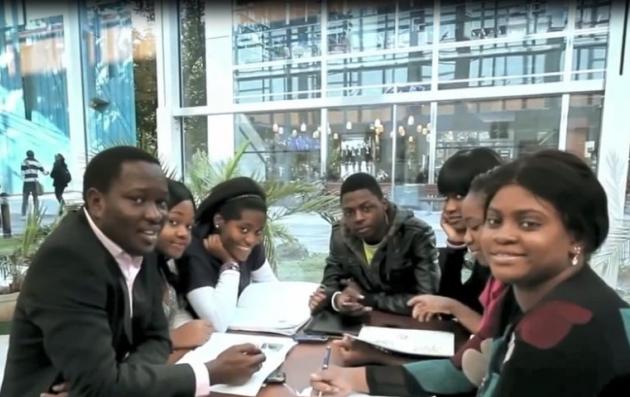Date of label : 01/06/2021

Summary
In Debrecen, traditional approaches to economic development were mostly about developing infrastructure, rather than focusing on people. After moving to making data-driven decisions, via survey of needs, Debrecen has been able to develop a strategy to welcome and retain international talents.
Solutions offered by the good practice
Debrecen is the economic, cultural, and scientific centre of eastern Hungary – and the country’s second largest city. With a booming economy, the city allocates considerable resources to promoting international investment and developing local businesses. Recently Debrecen announced more than two billion euros in foreign direct investment and 8000 new workplaces.
Hosting several multinationals such as BMW, Continental and Thyssenkrupp, and one of the oldest and largest universities in the country, Debrecen has a fair amount of international talent – and employment opportunities. Several separate initiatives were available to help international professionals and students on arrival in the city and during their stay.
However, support was lacking in some areas. For example, many expatriates struggled to find suitable affordable housing, or understand key municipal information in Hungarian. Traditional approaches to economic development were mostly about developing infrastructure, rather than focusing on people.
Debrecen’s involvement in WIT was managed by the city’s economic development centre, the municipality-owned company EDC Debrecen Nonprofit Kft (EDC). To enable the municipal government to make data-driven decisions, EDC launched an initial survey to identify internationals’ needs.
Through interviews, and 450 survey answers for online questionnaires, EDC gathered perspectives on Debrecen’s safety, public transport and culture etc. The results showed that international residents appreciated the calmness, green areas, and social life, but lacked centralised information in English and international cultural events. Specific questions to international students also helped analyse potential future skills in the workforce and their match with the city’s growing number of multi-national corporations.
Sustainable and integrated urban approach
The aim is to create an environment, in which internationals find proper living conditions, that enriches the attractiveness of the city. The more international talent settles down in Debrecen, the higher the need for their integration is. Their expertise, skills and experiences help Debrecen reach a higher value-added in terms of economy, living conditions and social aspect.
This process and integrity are emphasized by the Welcoming policy of Debrecen in the framework of internationalization. This policy contributes to the development of Debrecen in the field of local business environment, tourism, education (from kindergarten till higher education) which supports the sustainable urban development.
Participatory approach
The URBACT Local Group (ULG) brought together stakeholders linked to the city’s Investment Strategy and others such as expat relocation services. This helped Debrecen to develop a new motivation to change the city’s mindset towards internationalisation – and played an important role in looking at how they could help make life easier for expats in their city.
Learning from Groningen and partner cities at WIT transnational meetings, EDC Debrecen developed a valuable peer learning approach locally, working with stakeholders individually on specific questions.
The strong stakeholder relations developed through WIT have played a key part in convincing local leaders to also focus on the social aspects of economic development. Building on this, EDC Debrecen will continue to pursue longer term goals, such as improving support for affordable accommodation, and encouraging local companies to recruit international talent.
What difference has it made
Given the linkages of the project to wider inward investment and economic development strategies, they engage with individuals on a one-to-one basis. The objective is to keep on growing the local economy and an integral to that is relationships with people, whether that be multinational companies, workers, or students.
Language was confirmed as a serious barrier for many internationals trying to settle in Debrecen. So, supported by the Vice-Mayor, the ULG and EDC Debrecen decided to develop a website in English with practical information on topics ranging from jobs and housing to cultural programs.
EDC Debrecen also identified other websites where English versions would be useful, for example on public transport, city works, the Christmas Fair, and other events. The local theatre started providing English subtitles, and other foreign languages will be introduced into the city’s cultural programme.
Transferring the practice
The long-term goal is to promote the internationalization of Debrecen, and to keep contributing to its urban and economic development. International presence in Debrecen makes our city a genuine multicultural community and enhances the achievement of the objectives we outlined in our Debrecen2030 Development Program. The city seeks to be as attractive as possible for international talent to stay and in our vision the city cannot be imagined without an international profile.
The base of the transferring journey was to change the mindset not only within our organization but among stakeholders and the municipality.
